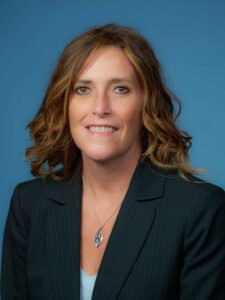By Deborah Jeanne Sergeant

Changing one’s financial institution is not all that uncommon.
According to CivicScience polling, almost 25% of US adults are at least “somewhat likely” and 6% are “very likely” to switch their bank in the next three months.
But why?
For some people, it’s a matter of convenience. Retirees may want to move their accounts to a bank closer to home if they relied upon a bank with a branch close to their workplace and they had a long commute. Or people who downsize may change banks for a similar reason.
It’s pretty inconvenient to drive half an hour or more just to withdraw some cash, deposit a check or talk face-to-face with a banker.
Some people may not like their bank’s changed policies such as higher fees, lower interest rates for savings accounts and inconvenient hours. Fewer branches can also prompt a change. During the pandemic, some banks reduced the number of branches they operate.
According to the Federal Reserve, “the total number of branches closed in 2020 exceeds both the number of branches closed during the most recent recession and the number of branches closed in any year between 2011–19. Just fewer than 3,700 branches shut their doors in 2020 compared with about 3,000 in the recent years with the next highest numbers of closures (2009 and 2017).”
If you’re in the market for a new bank, you have a few other considerations as well.
Ask friends, family members or business associates where they bank and why. Does the bank offer online banking in an app you like? See if the bank’s website provides an overview of how their app works. Features like remote deposit can make online banking very useful.
“Rather than looking for red flags, I recommend looking for a good partnership,” said Lori Teifke, CNY territory manager, NBT Bank. “It’s important to find a financial institution that is ready and able to work with you. This includes treating you as an individual with unique needs.
“The right products and services and attractive rates are, of course, important factors. But the opportunity to interact and consult with the professionals at your bank will help you make the most the relationship and move toward achieving your financial goals.”
When bank shopping, make sure you ask about the bank’s fees and other policies. Look up where their ATMs are located. Keep in mind that some in-store branches are open only during store hours and may not be open when stand-alone bank branches are open.
How does a potential new bank handle fraud? As consumer fraud is increasing, it’s important to note how a financial institution would deal with a fraudster using your account. What is their policy for returning your money if someone hacks your account or your debit card? How does the bank protect your sensitive information?
What other products and services do you need and what are the bank’s policies regarding these? Don’t assume it’s the same as your current bank.




